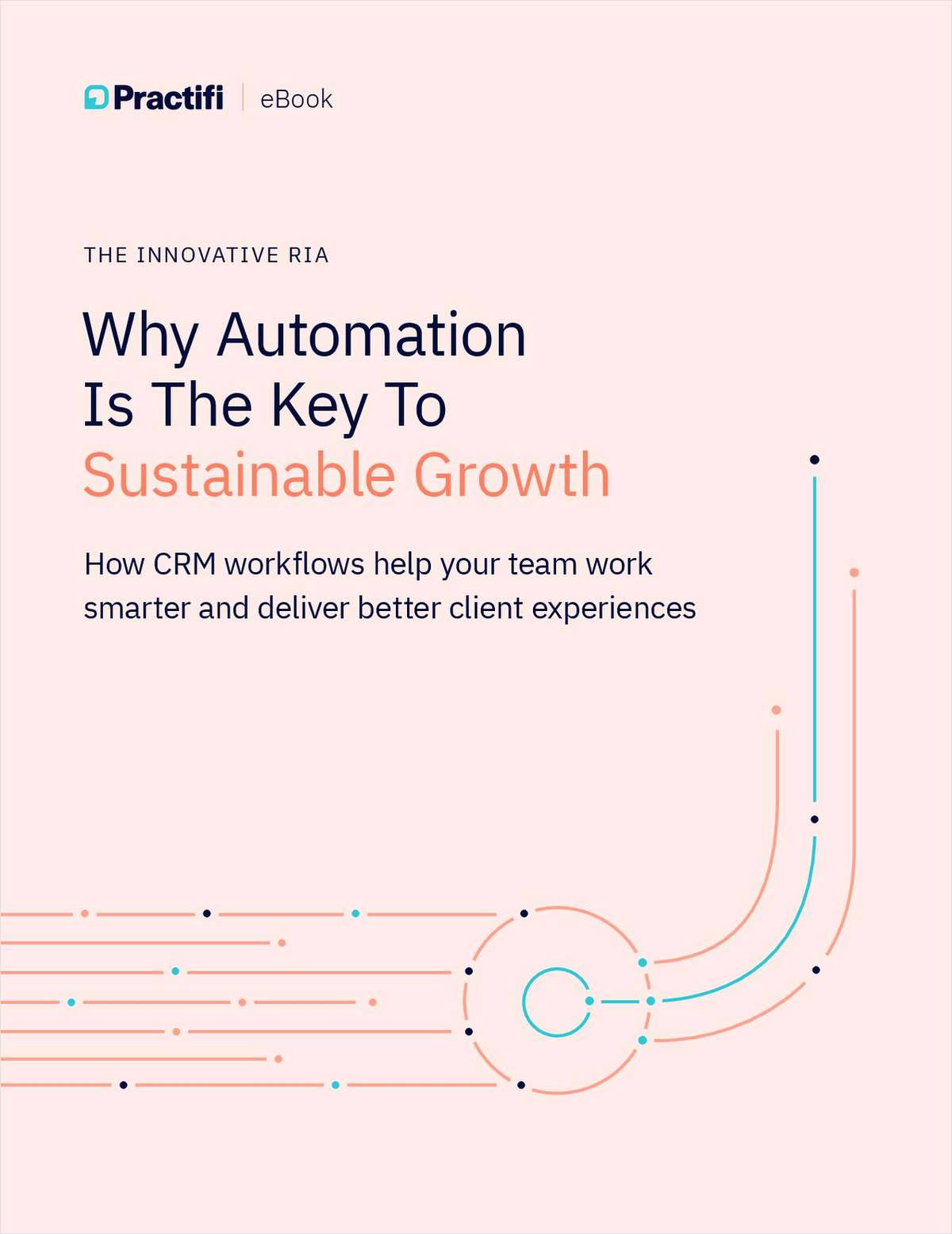CT Unions Sue Nation's Largest Pharma Companies Over Opioids
With the opioid epidemic growing, four Connecticut union locals filed federal suit Monday against some of the largest pharmaceutical companies, claiming they have mislead the public on the dangers of opioids.
December 19, 2017 at 03:52 PM
4 minute read

Four Connecticut-based union locals have sued the nation's largest pharmaceutical companies, accusing them of misleading the public about the dangers of prescription opioids.
The four locals—Teamsters Locals 493, 671 and 677 and International Brotherhood of Electrical Workers Local 90—filed separate suits on behalf of their health funds in U.S. District Court in Connecticut Monday. The locals represents more than 7,200 people.
The lawsuit comes on the heels of similar litigation filed by three Connecticut municipalities.
The identical lawsuits, which include the same two attorneys, claim the manufacturers misled and outright lied about the risks of opioids.
The lawsuits, which name 29 defendant companies or individuals, claim manufacturers “trivialized the risk of long-term and higher dosage opioid therapy” and had a “scheme to change prescriber habits and public perception.”
The attorneys representing the unions are Robert Cheverie, a solo practitioner from East Hartford, and James Ferraro Jr., of The Ferraro Law Firm in Miami, Florida. Neither attorney responded to a request for comment.
The lawsuits were necessary because the plaintiffs have been “victimized by the fraudulent and misleading scheme perpetrated by these drug manufacturers, distributors, promoters and sellers,” according to the complaint. “These companies and individuals put profits ahead of patient safety. … The plaintiff has paid for a substantial amount of the opioid-related health care costs including prescriptions, addiction and rehabilitation, overdose and alternative drug treatments incurred by its members.”
The lawsuits go on to say the defendants created a false perception of the safety of opioids. “Defendants accomplished that false perception through a coordinated, sophisticated and highly deceptive and unfair marketing campaign that began in the late 1990s, became more aggressive in or about 2006, and continues to the present,” according to the lawsuits.
The lawsuits seek to recover the costs associated with treatment, hospitalization, addiction and rehabilitation treatment for members. The suits do not state how much in damages the unions are seeking.
The lawsuits cite seven counts: Violation of 18 U.S. Code 1962(C) related to promotion of opioid drugs pursuant to the Racketeer Influenced and Corrupt Organizations Act; violation of 18 U.S. Code 1962(D), which relates to RICO conspiracy; fraudulent concealment; conspiracy to commit fraud by concealment; and negligence.
Three Connecticut municipalities recently filed similar suits against the manufacturers and distributors. Waterbury filed suit in August, New Haven filed suit in November and New Britain filed earlier this month. Those suits are all pending.
Earlier this month, the U.S. Judicial Panel on Multidistrict Litigation ordered nearly all 180 federal lawsuits brought by cities, counties and states to be transferred to U.S. District Judge Dan Polster in the Northern District of Ohio. While the four union local lawsuits were not filed on behalf of a government entity, they could still be consolidated with the same judge.
John Puskar, Purdue Pharma public affairs director, did not respond to a request for comment. Purdue Pharma is one of the more than two dozen defendants.
In previous statements, Puskar said Purdue Pharma is dedicated to being part of the solution. The company states that it developed the first FDA-approved opioid medication with abuse-deterrent properties and partners with law enforcement to ensure access to naloxone. In addition, Purdue Pharma has said it denies the allegations.
Within the past year alone, at least 25 states, cities and counties have filed civil cases against manufacturers, distributors and large drugstore chains that make up the $13 billion-a-year opioid industry. It is not clear how many unions have filed such suits.
This content has been archived. It is available through our partners, LexisNexis® and Bloomberg Law.
To view this content, please continue to their sites.
Not a Lexis Subscriber?
Subscribe Now
Not a Bloomberg Law Subscriber?
Subscribe Now
NOT FOR REPRINT
© 2025 ALM Global, LLC, All Rights Reserved. Request academic re-use from www.copyright.com. All other uses, submit a request to [email protected]. For more information visit Asset & Logo Licensing.
You Might Like
View All
Apple Disputes 'Efforts to Manufacture' Imaging Sensor Claims Against iPhone 15 Technology

New Partners at Cummings & Lockwood, Carmody Torrance Sandak & Hennessey
2 minute read

DOJ, 10 State AGs File Amended Antitrust Complaint Against RealPage and Big Landlords
4 minute readTrending Stories
- 1Many LA County Law Firms Remain Open, Mobilize to Support Affected Employees Amid Historic Firestorm
- 2Stevens & Lee Names New Delaware Shareholder
- 3U.S. Supreme Court Denies Trump Effort to Halt Sentencing
- 4From CLO to President: Kevin Boon Takes the Helm at Mysten Labs
- 5How Law Schools Fared on California's July 2024 Bar Exam
Who Got The Work
Michael G. Bongiorno, Andrew Scott Dulberg and Elizabeth E. Driscoll from Wilmer Cutler Pickering Hale and Dorr have stepped in to represent Symbotic Inc., an A.I.-enabled technology platform that focuses on increasing supply chain efficiency, and other defendants in a pending shareholder derivative lawsuit. The case, filed Oct. 2 in Massachusetts District Court by the Brown Law Firm on behalf of Stephen Austen, accuses certain officers and directors of misleading investors in regard to Symbotic's potential for margin growth by failing to disclose that the company was not equipped to timely deploy its systems or manage expenses through project delays. The case, assigned to U.S. District Judge Nathaniel M. Gorton, is 1:24-cv-12522, Austen v. Cohen et al.
Who Got The Work
Edmund Polubinski and Marie Killmond of Davis Polk & Wardwell have entered appearances for data platform software development company MongoDB and other defendants in a pending shareholder derivative lawsuit. The action, filed Oct. 7 in New York Southern District Court by the Brown Law Firm, accuses the company's directors and/or officers of falsely expressing confidence in the company’s restructuring of its sales incentive plan and downplaying the severity of decreases in its upfront commitments. The case is 1:24-cv-07594, Roy v. Ittycheria et al.
Who Got The Work
Amy O. Bruchs and Kurt F. Ellison of Michael Best & Friedrich have entered appearances for Epic Systems Corp. in a pending employment discrimination lawsuit. The suit was filed Sept. 7 in Wisconsin Western District Court by Levine Eisberner LLC and Siri & Glimstad on behalf of a project manager who claims that he was wrongfully terminated after applying for a religious exemption to the defendant's COVID-19 vaccine mandate. The case, assigned to U.S. Magistrate Judge Anita Marie Boor, is 3:24-cv-00630, Secker, Nathan v. Epic Systems Corporation.
Who Got The Work
David X. Sullivan, Thomas J. Finn and Gregory A. Hall from McCarter & English have entered appearances for Sunrun Installation Services in a pending civil rights lawsuit. The complaint was filed Sept. 4 in Connecticut District Court by attorney Robert M. Berke on behalf of former employee George Edward Steins, who was arrested and charged with employing an unregistered home improvement salesperson. The complaint alleges that had Sunrun informed the Connecticut Department of Consumer Protection that the plaintiff's employment had ended in 2017 and that he no longer held Sunrun's home improvement contractor license, he would not have been hit with charges, which were dismissed in May 2024. The case, assigned to U.S. District Judge Jeffrey A. Meyer, is 3:24-cv-01423, Steins v. Sunrun, Inc. et al.
Who Got The Work
Greenberg Traurig shareholder Joshua L. Raskin has entered an appearance for boohoo.com UK Ltd. in a pending patent infringement lawsuit. The suit, filed Sept. 3 in Texas Eastern District Court by Rozier Hardt McDonough on behalf of Alto Dynamics, asserts five patents related to an online shopping platform. The case, assigned to U.S. District Judge Rodney Gilstrap, is 2:24-cv-00719, Alto Dynamics, LLC v. boohoo.com UK Limited.
Featured Firms
Law Offices of Gary Martin Hays & Associates, P.C.
(470) 294-1674
Law Offices of Mark E. Salomone
(857) 444-6468
Smith & Hassler
(713) 739-1250










